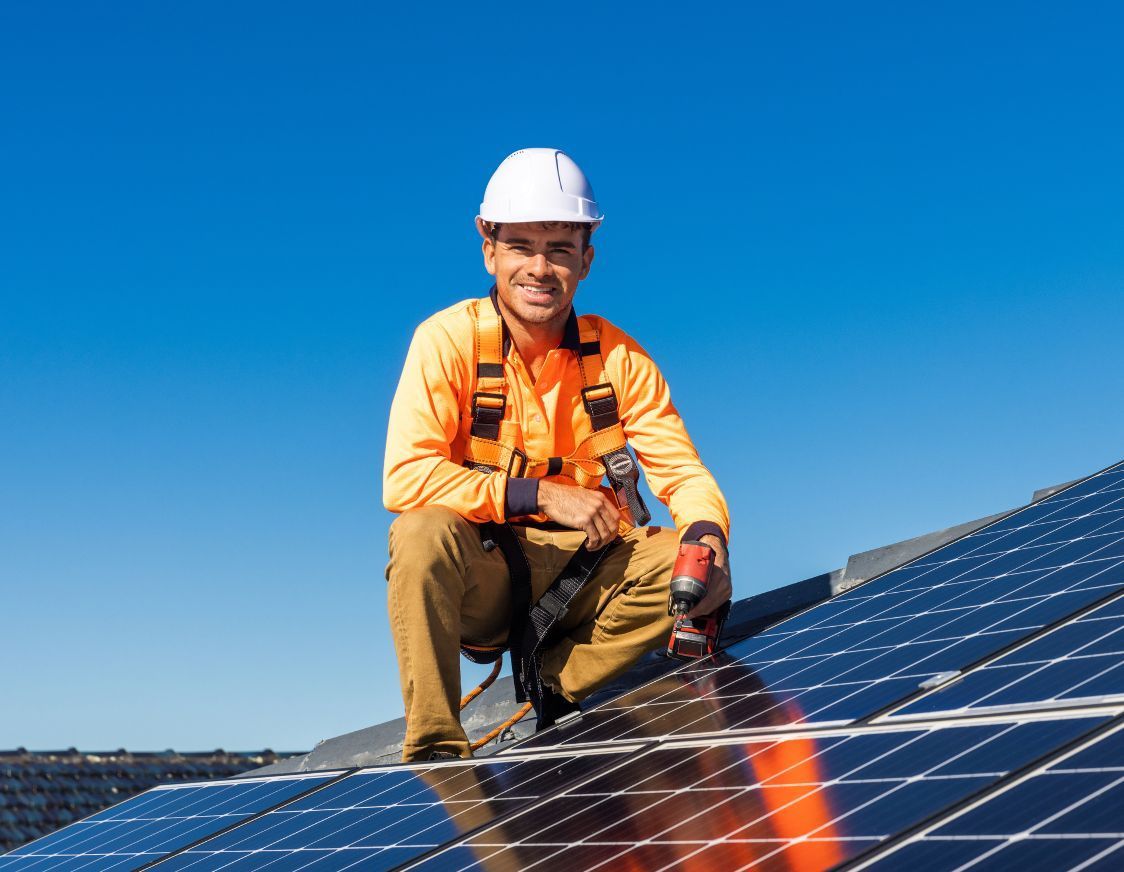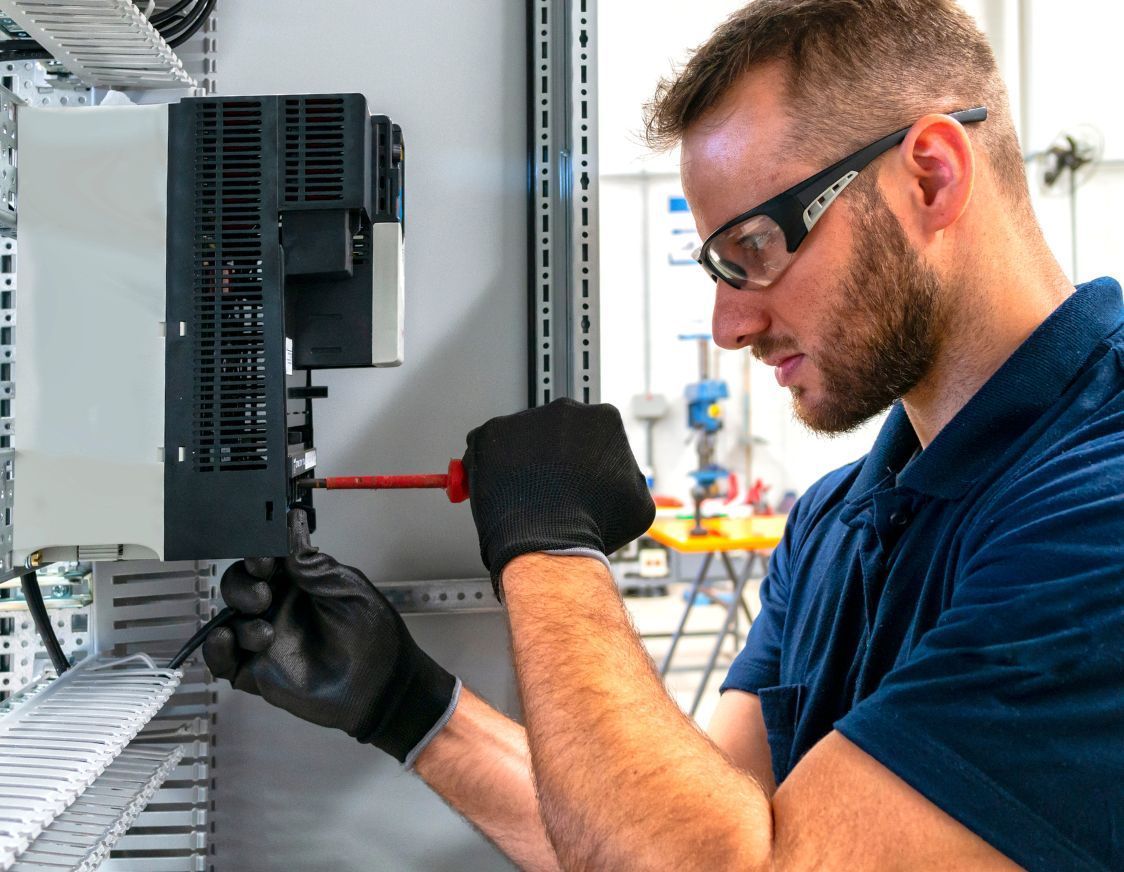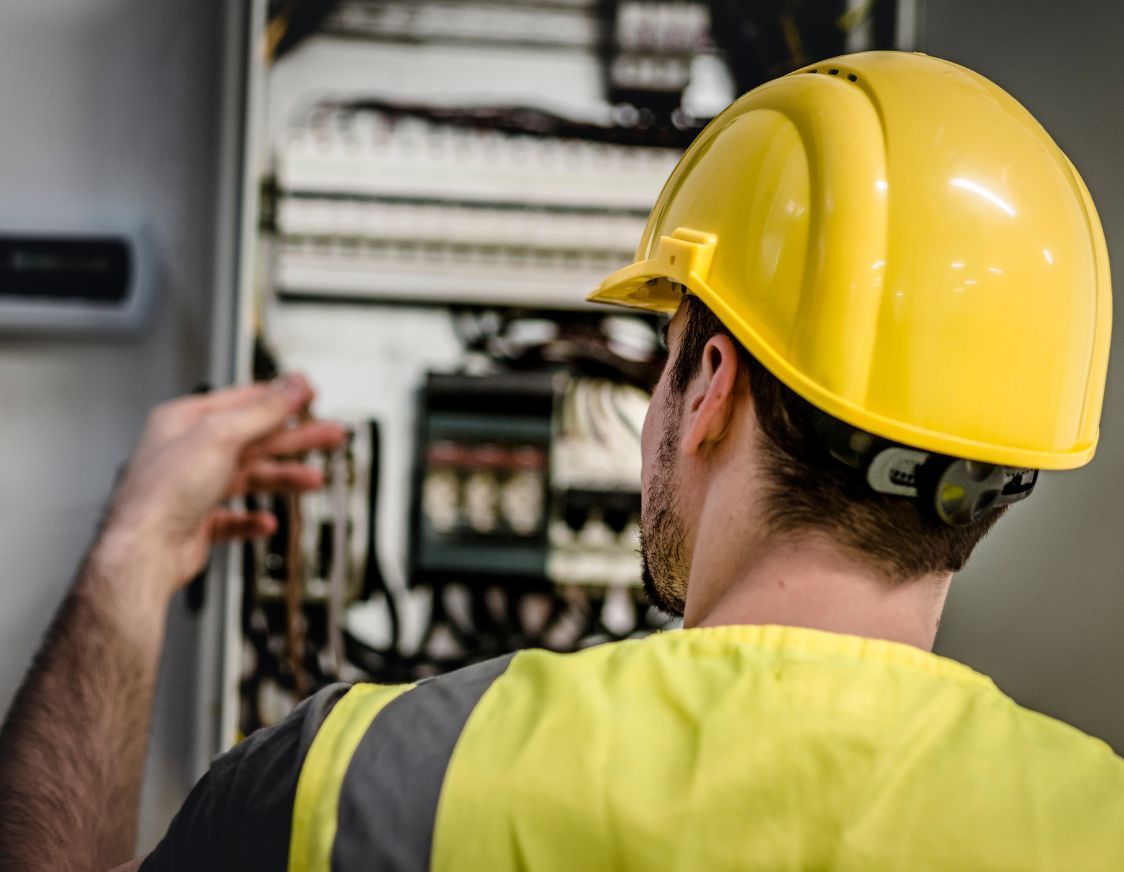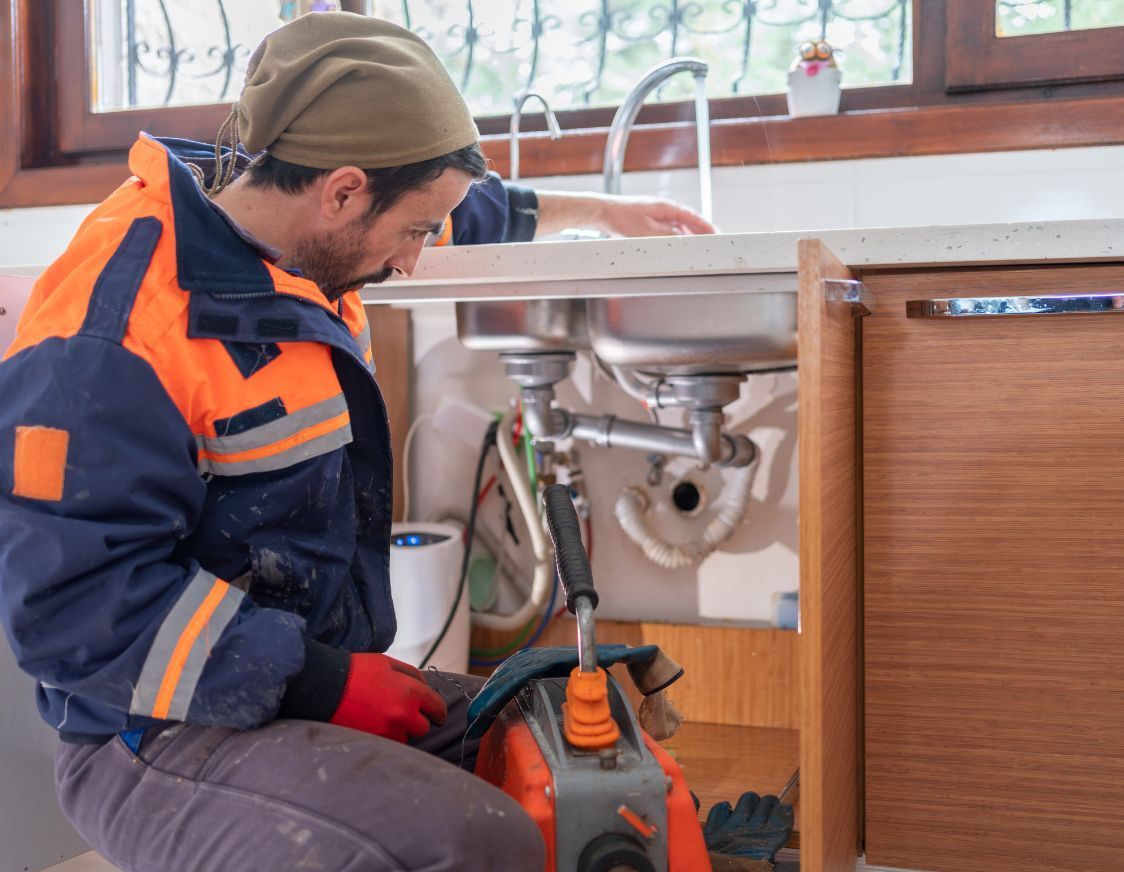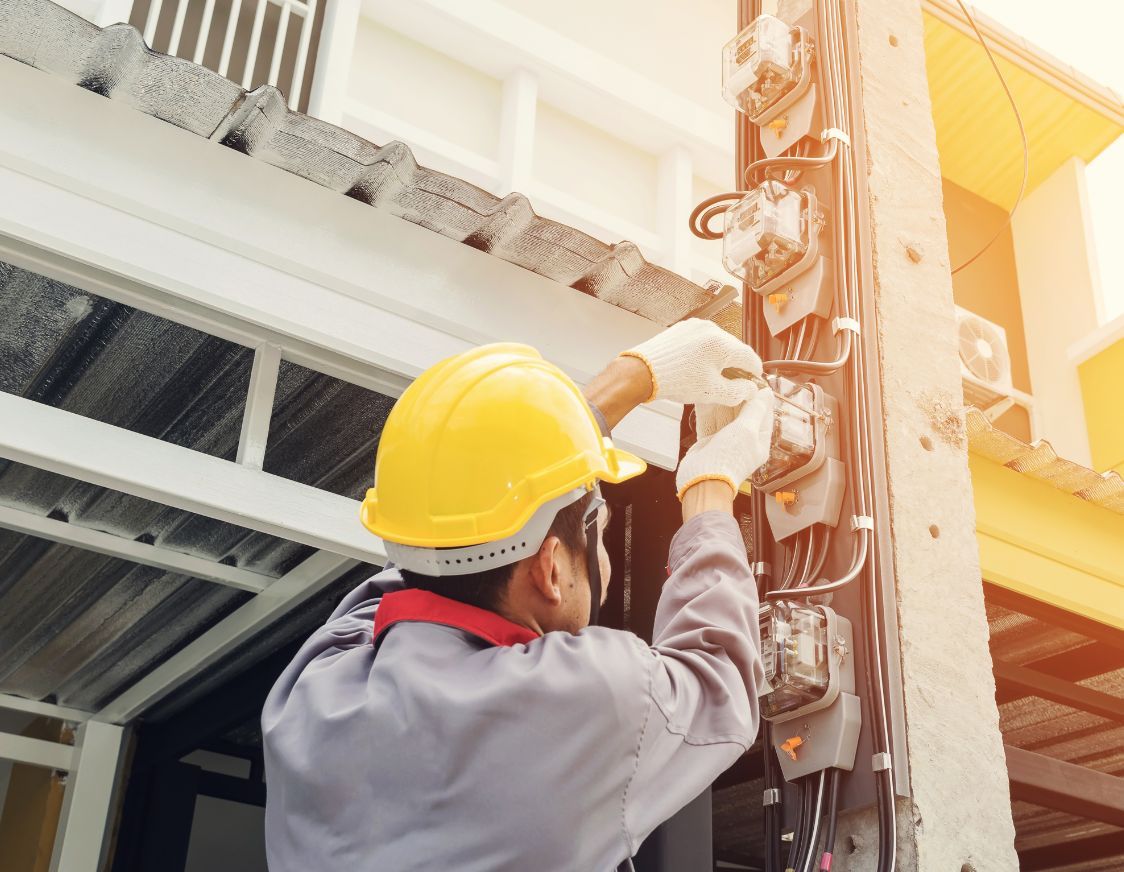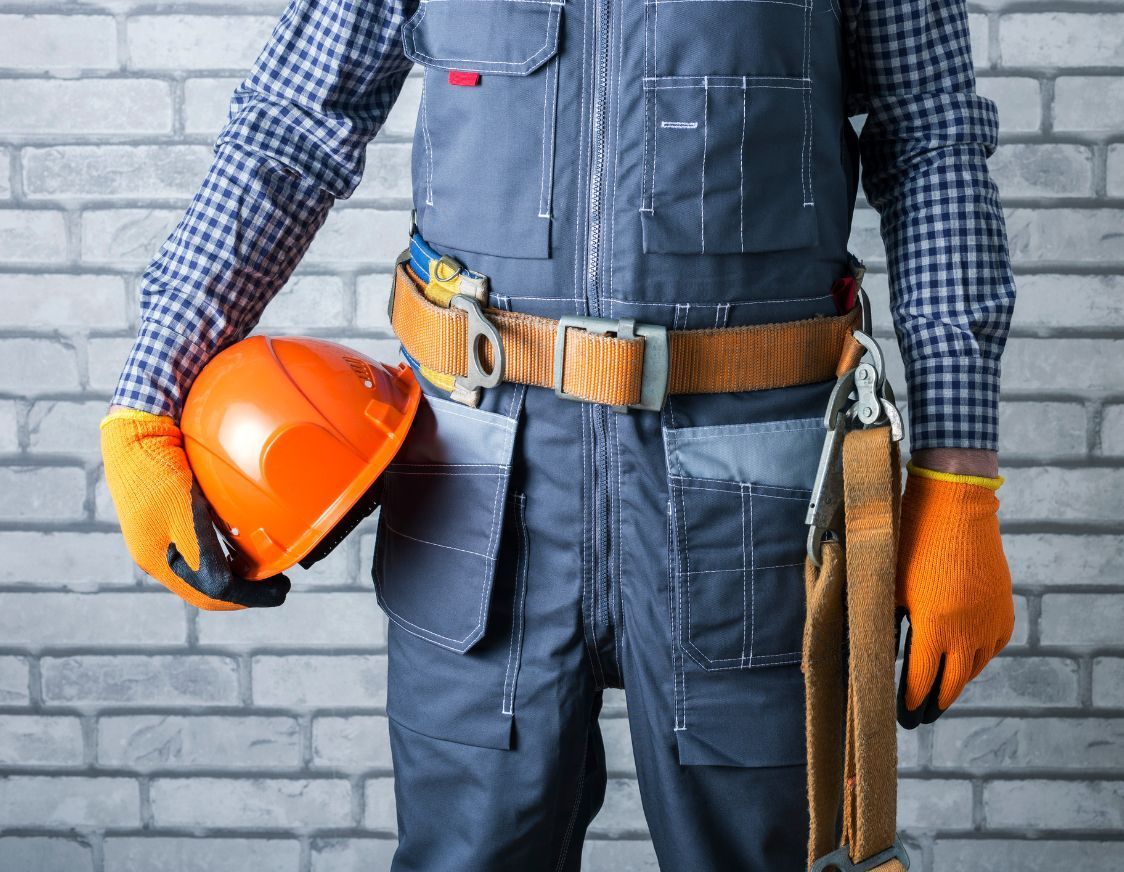Smart homes are revolutionizing the construction and remodeling industry. As more homeowners adopt devices and systems to automate lighting, security, HVAC, and energy management, contractors are increasingly tasked with integrating advanced technologies. While this shift brings exciting opportunities, it also introduces new risks that contractors must address through comprehensive insurance coverage.
In this guide, we’ll explore how the rise of smart homes affects contractor insurance needs and what policies are essential to protect your business.
1. Increased Cybersecurity Risks
Smart home systems are heavily reliant on internet-connected devices, which expose contractors to cybersecurity risks. When installing or configuring these systems, contractors might handle sensitive customer data, including passwords, network settings, and access controls. A data breach caused by improper handling or cyberattacks could result in significant liability.
Cyber Liability Insurance protects contractors from the financial fallout of data breaches, including legal fees, notification expenses, and regulatory fines. This coverage is crucial for contractors working on projects involving smart home technology.
For more information on protecting against cybersecurity risks, explore Cyber Liability Insurance for contractors.
External Resource: The Federal Trade Commission’s guide on cybersecurity offers valuable tips for small businesses.
2. Professional Liability for System Integration Errors
Smart home installations require precise system integration. Errors during setup can lead to malfunctions, such as a security system failing to activate or an energy management system not working as intended. Clients may hold contractors accountable for damages or losses caused by these mistakes.
Professional Liability Insurance, also known as Errors and Omissions Insurance, covers claims arising from mistakes or oversights in professional services. This coverage is essential for contractors installing complex smart home systems, ensuring you’re protected if something goes wrong.
To learn more, check out our
Professional Liability Insurance for HVAC contractors.
3. Enhanced Equipment Coverage Needs
Working on smart home projects often requires specialized tools and devices, from diagnostic equipment to calibration tools for IoT systems. These high-tech tools are costly to replace and are vital for completing projects on time.
Equipment Insurance ensures your tools and equipment are covered in case of theft, damage, or breakdown. This coverage minimizes downtime and helps avoid unexpected financial losses.
Visit our
Equipment Insurance page for details about protecting your investments.
4. Liability Risks From Device Malfunctions
Smart home devices, such as automated locks, thermostats, and surveillance cameras, directly impact homeowner safety and convenience. If a device you install malfunctions and causes damage or injury—such as a thermostat overheating or a lock failing during a break-in—you could be held liable.
General Liability Insurance provides protection against third-party claims of bodily injury or property damage. It is a foundational policy for all contractors and is especially critical for those working with smart home technologies.
For more information, see our section on General Liability Insurance for contractors.
5. Workers’ Compensation for Smart Home Installations
Installing smart home systems can present unique risks for workers. Tasks may involve climbing ladders, drilling into walls, or working with electrical systems. Accidents during these activities can result in injuries, leading to medical expenses and lost wages.
Workers’ Compensation Insurance ensures that your employees are protected if they are injured on the job. It also shields your business from lawsuits related to workplace accidents.
Learn more about
Workers’ Compensation Insurance for contractors.
Why Smart Homes Require Specialized Insurance
The rise of smart homes has fundamentally changed the contractor landscape. As homes become more connected, contractors face risks that didn’t exist in traditional building or remodeling projects. Here’s why specialized insurance coverage is more important than ever:
- Complexity of Smart Home Technology
Installing and maintaining smart systems requires technical expertise, increasing the likelihood of errors or malfunctions. - Growing Cybersecurity Threats
With contractors handling sensitive data, the potential for data breaches has risen significantly. - High Stakes for Property and Safety
Smart devices often have direct control over essential functions, such as security and energy management, making their proper installation critical.
Practical Steps for Contractors
- Review Your Insurance Policies Regularly
Ensure your coverage aligns with the evolving risks associated with smart home projects. - Consult With an Industry Specialist
An insurance agent familiar with contractor needs can identify gaps in your coverage and recommend appropriate policies. - Invest in Training and Tools
Stay ahead of the curve by training your team on smart home technologies and investing in high-quality tools.
Conclusion
Smart homes represent the future of residential construction, offering exciting opportunities for contractors. However, these projects also introduce unique risks that require proactive management. By securing the right insurance policies—such as Cyber Liability, Professional Liability, and Equipment Insurance—you can protect your business while delivering cutting-edge solutions to your clients.
To ensure your business is fully protected,
contact us today for personalized insurance solutions tailored to contractors in the smart home space. Stay ahead of the curve while safeguarding your success.



